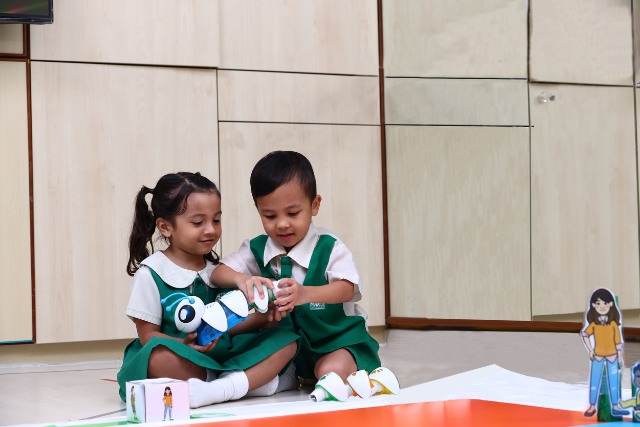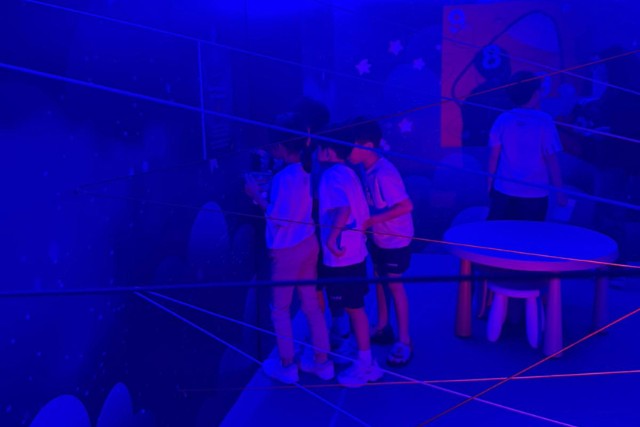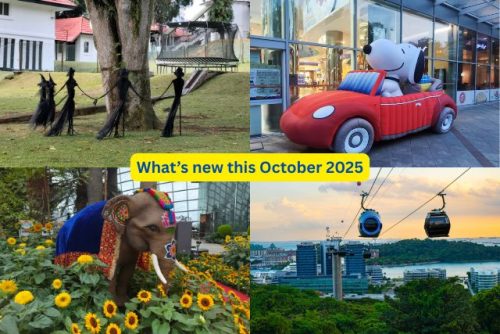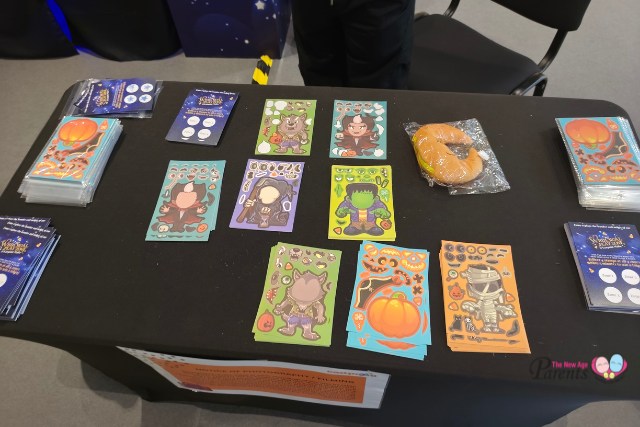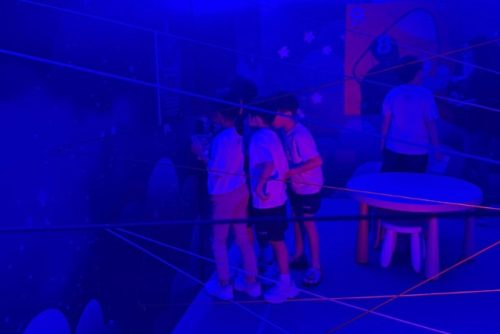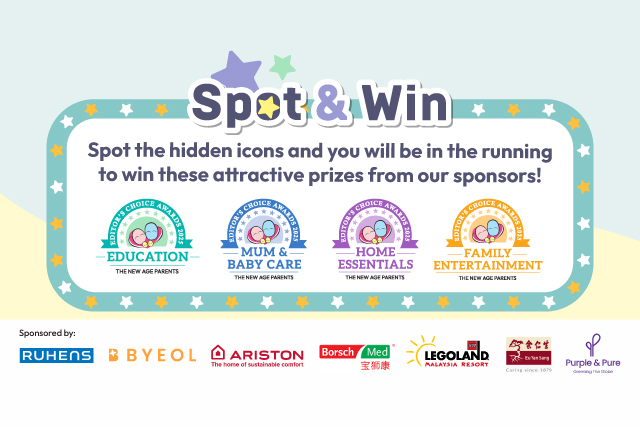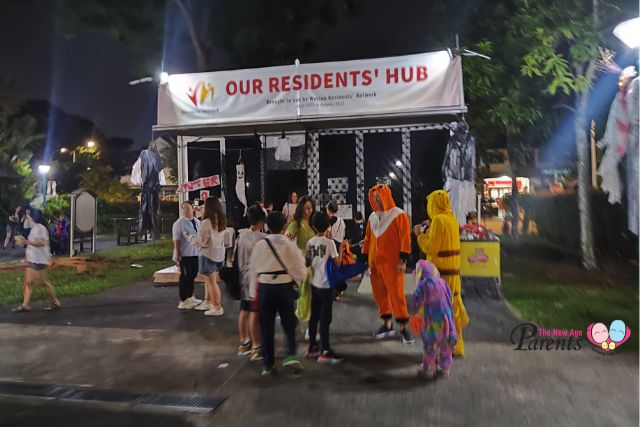While the world around us grows increasingly complex, one thing remains – the young minds we nurture, will shape the world of tomorrow. It is, thus, crucial for us to lay the foundation of a good preschool education experience so that children of all abilities are equipped with skills that will help them contribute to, and participate in a brighter future from a young age. So what could such a foundation or environment look like? It may come as a surprise to some, but a preschool that offers an inclusive environment bolstered by a holistic curriculum, purpose-built facilities, and supports personalised learning so that children can develop at their own pace but grow in a common environment, can enable all young minds to become confident and compassionate citizens who are well-prepared to navigate the larger and diverse society outside of school.
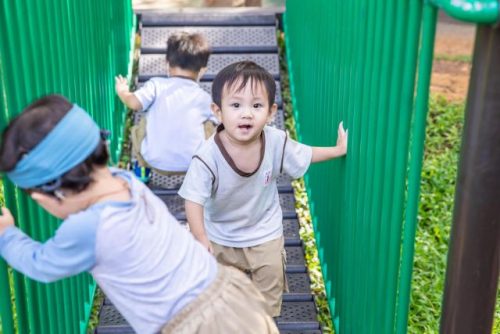 Image credit: Kindle Garden Preschool
Image credit: Kindle Garden Preschool
What constitutes an inclusive educational environment and how does it unlock the potential of each child to stay ahead of the curve and navigate a fast-paced future?
To understand what an inclusive educational setting may look like, it may be important to also understand what it is not.
Myth: An inclusive curriculum requires it to be “simplified”
Fact: By focusing on personalised learning plans, the same curriculum can be accessed by learners of all abilities in a common space. This supports active learning as children are fully engaged and learn how to hone skills in an efficient and effective manner that runs in tandem with their own individual progress. Children with this critical skill are more adaptable by having a vested interest in active problem-solving. This, in turn, supports the development of another critical skill – self-management. When children get just the right amount of support to meet their developmental and academic needs, they are better able to independently manage their thoughts, emotions and actions whether they may be in school, at home or out in the larger community.
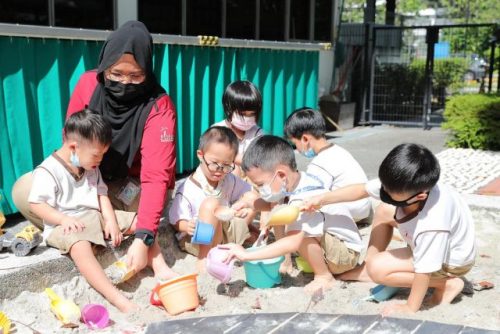 Image credit: Kindle Garden Preschool
Image credit: Kindle Garden Preschool
Myth: Inclusive preschools benefit children with additional needs significantly more than typically developing children
Fact: Much research has shown that inclusive preschools benefit all children by helping them hone social and emotional skills, cultivate respect for diversity, and teach them that everyone can shine based on their individual merits. This supports the building of emotional intelligence and robust communication, which are critical skills that help children better understand others, mitigate conflicts, and collaborate by leveraging different strengths to achieve shared goals.
Myth: It takes a lot of modifications and accommodations for classrooms to be inclusive
Fact: Simple behaviours or even adopting a creative curriculum, can make a setting more inclusive. For example, peers can be great sources of support. During reading time, pairing a child who may struggle with the language with a peer who knows the language well and can help him/her “read” the story, can benefit both children. The former benefits from active listening, while the latter benefits from active storytelling, both of which are crucial in honing good interpersonal skills and encourages two-way feedback from a young age. A creative curriculum, while common for all children, allows for the scaffolding of learning experiences based on their current and evolving needs. As such, while all children access the same curriculum, support rendered is tailored according to their needs and preferences, thus allowing them to exercise the critical skill of creativity in how they want to grow, what they wish to learn, and how they innovate when fostering human relations.
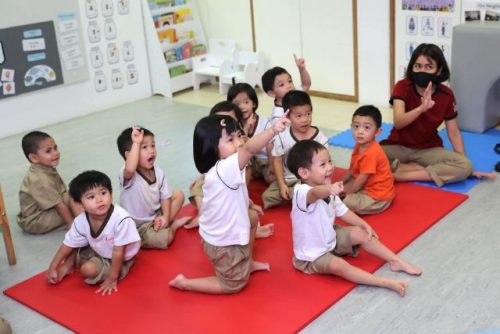 Image credit: Kindle Garden Preschool
Image credit: Kindle Garden Preschool
Evidently, an inclusive preschool setting allows every child to unlock their full potential by giving them the right support they need, based on their individual needs, thus resulting in an environment where every child is fully engaged, nurtured and equipped with a solid foundation in their formative years. By nurturing more young minds in this manner, the future looks very bright indeed.
Understanding its merits, AWWA remains a trailblazer and advocate for inclusion in education by operating Singapore’s first inclusive preschool, the SPARK-accredited Kindle Garden Preschool, and by running an online inclusion resource centre, include.sg.
By Ms Sandy Koh, Principal, Kindle Garden Preschool.
* * * * *
Like what you see here? Get parenting tips and stories straight to your inbox! Join our mailing list here.
Want to be heard 👂 and seen 👀 by over 100,000 parents in Singapore? We can help! Leave your contact here and we’ll be in touch.













